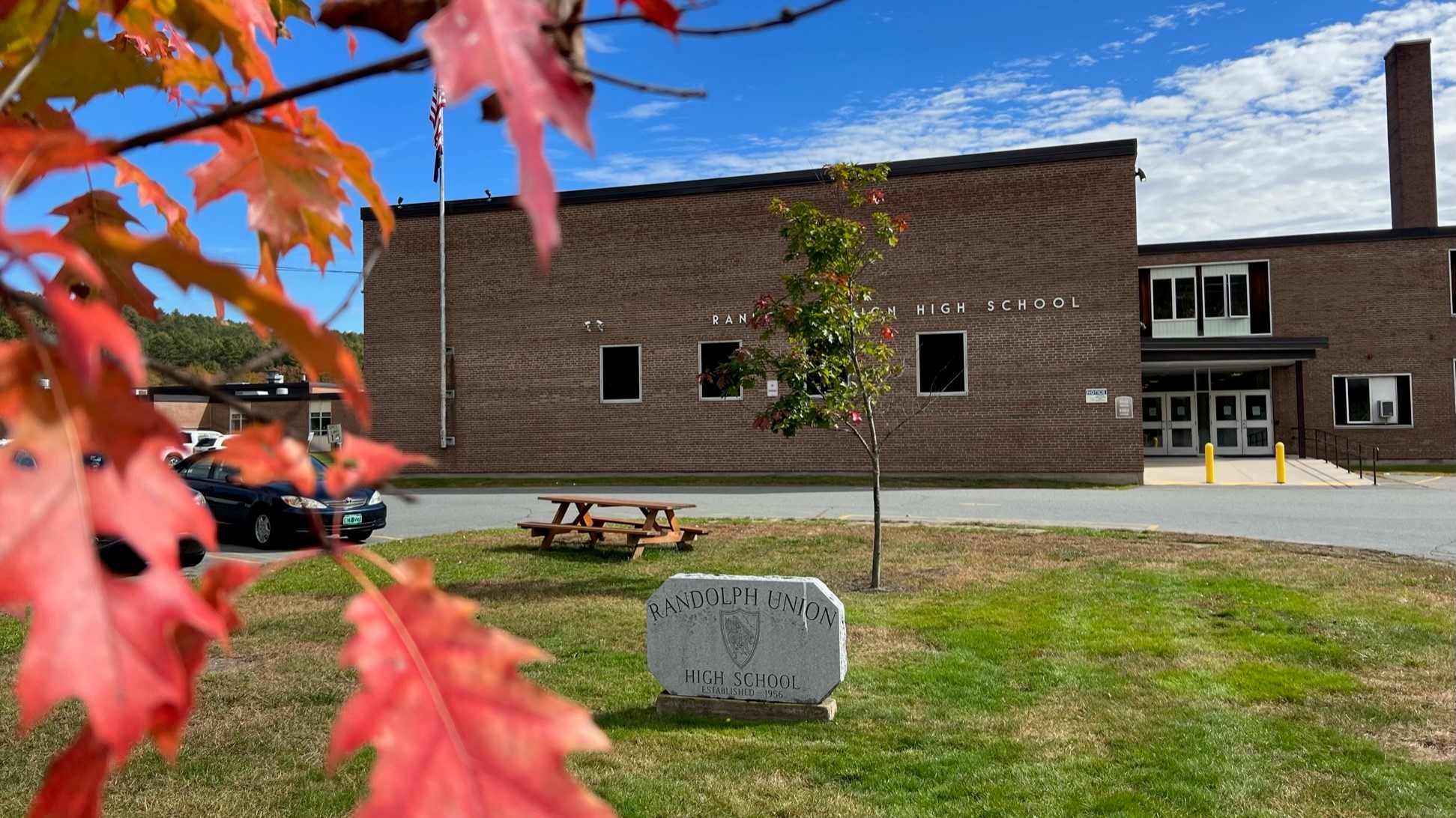A question before Vermont voters this election season may at first sound surprising: should slavery and indentured servitude, in any form, be prohibited?
Technically, the Vermont Constitution from the late 1700s allowed for slavery in certain cases. While the faded, elegant cursive on the document declared all persons "are born equally free,” it also provided exemptions that meant slavery could be allowed in situations including for payment of fines or debts.
However, if voters say “yes” to Prop 2 this fall, the document will be modernized and clarified to say slavery and indentured servitude in any form are prohibited. As NECN & NBC10 Boston reported in June, an public awareness-raising campaign has been underway for the past several months.
“This is an opportunity to make a difference — to make a change in Vermont,” said Mark Hughes of the Vermont Racial Justice Alliance. "And it’s not just symbolic, because it’s the constitution of the state of Vermont."
Get New England news, weather forecasts and entertainment stories to your inbox. Sign up for NECN newsletters.
Hughes said some other states' historic documents allow for slavery as a punishment for crimes, adding that the 13th Amendment to the U.S. Constitution does, too.
Thursday, Vermont advocates joined four other states that will vote on striking old exceptions still buried in state policy. Advocates from Tennessee, Oregon, Alabama, Louisiana and Vermont were promoting their respective ballot initiatives in a streaming press conference organized by the Abolish Slavery National Network.
"If anyone is enslaved, no one is free," said Theeda Murphy, an advocate from Tennessee, who spoke during Thursday’s press conference.
"And we can start to heal our relations," Pastor Kenneth Sharpton Glasgow, an advocate for Alabama’s ballot initiative, added during the online presentation from representatives of the five states.
Amending the Vermont Constitution is a multi-year process. This proposal had to pass two different makeups of the Vermont Senate and the Vermont House of Representatives. It now goes to the voters -- who have the final say. The governor has a responsibility to provide public notice that the question will be on ballots statewide, which Gov. Phil Scott, R-Vermont, did earlier this year.
Through that process, there were some skeptics. A handful of lawmakers said you simply can’t rewrite history. Some also wondered whether the state could get into some sort of trouble because incarcerated people who have jobs in prison are paid less than minimum wage.
However, the Vermont Department of Corrections told NECN & NBC10 Boston Thursday it foresees no reason Prop 2 would force the state to dramatically change the way it handles prison labor. Those workers do apply for the jobs they hold currently and are paid for their work, noted Rachel Feldman, the spokeswoman for the Vermont Department of Corrections.
Debbie Ingram, a former Vermont state senator who led the process to pass Prop 2 in that legislative body, is now focusing on spreading the word about the ballot question in her current capacity as the executive director of Vermont Interfaith Action.
“There are a lot of people very surprised at this,” Ingram said of the fact the original language is still technically on the books.
Ingram emphasized the point of the vote is to revisit what she called a "morally reprehensible" stain on our past, which she insisted has left lasting impacts and inequities between Black and white Americans.
“We need to deal with it to say, ‘We acknowledge it, put it in the past, and we want to move forward and create a better future for our children and grandchildren.’”
Advocates for amending original founders’ documents said similar movements are afoot in more than a dozen other states and at the federal level to clarify old language that allowed slavery in some cases.




